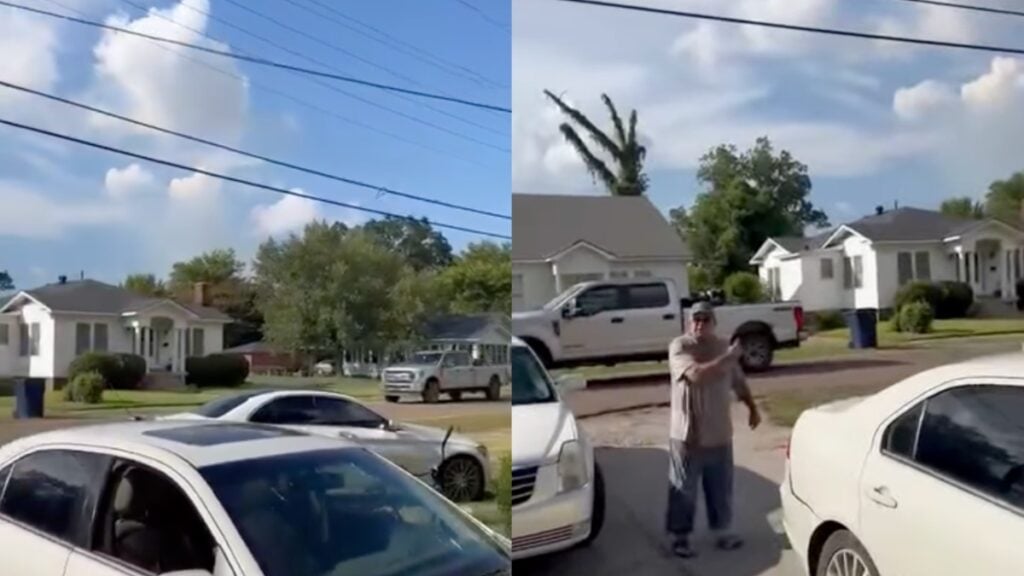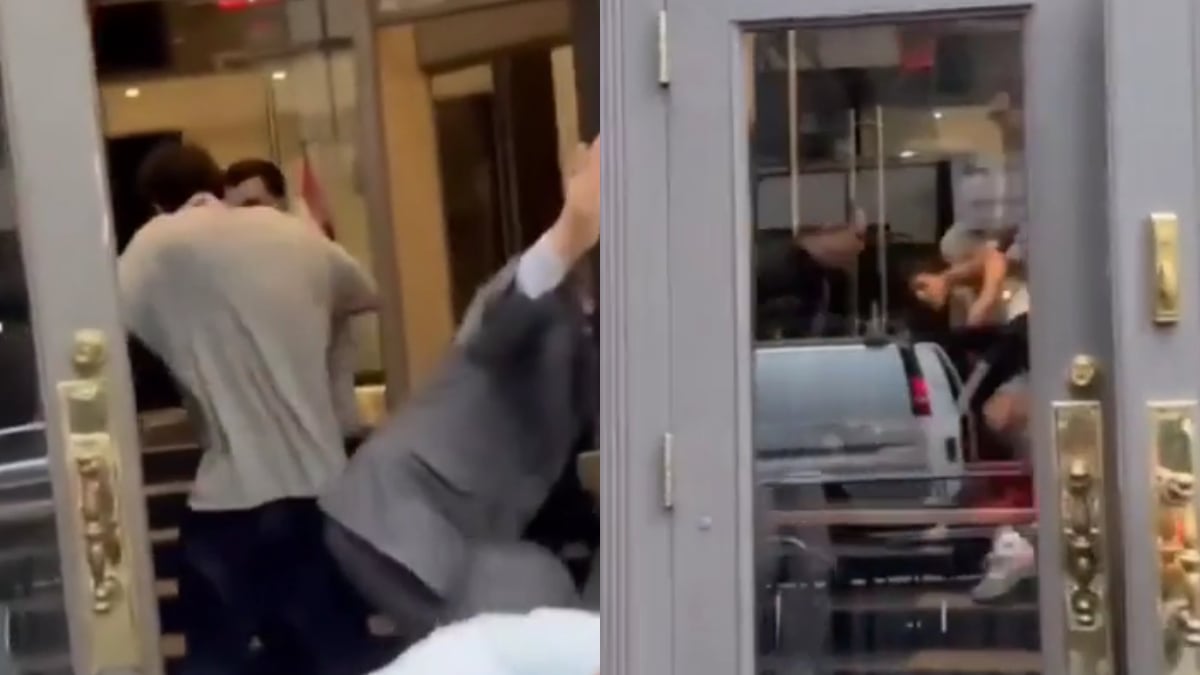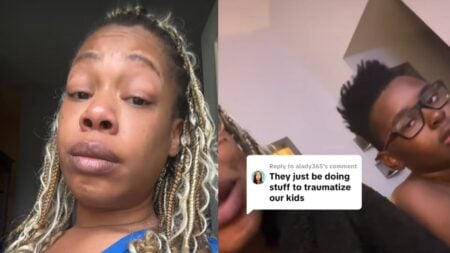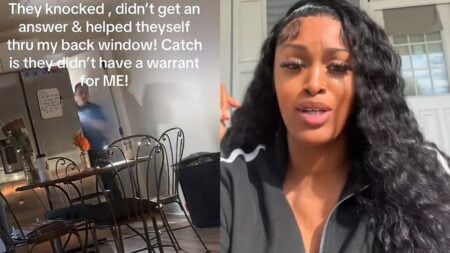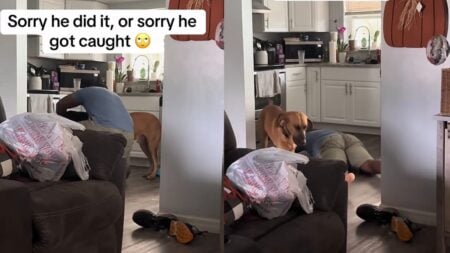When a hit-and-run evolves into a terrifying showdown, the line between chaos and sheer injustice disappears. In Tallulah, Louisiana, video footage shows Robert Ray Fortenberry, 56, fleeing the scene of a collision only to return and threaten his neighbor with an assault rifle, shouting: “You gonna get one in your… head!” The shocking moment has sparked national outrage and placed him at the center of a hate crime investigation.
From Collision to Hate Crime
The confrontation began when Fortenberry allegedly struck a neighbor’s vehicle and attempted to drive away. Hours later, he came back in a different car and stormed onto the neighbor’s property, this time armed with an assault rifle. The homeowner, who had the presence of mind to record the incident, calmly asked, “Could you please get out of the yard and back in your vehicle?”
Instead of de-escalating, Fortenberry responded with a bizarre contradiction insisting, “I love Black people, I’m a nice guy” while at the same time raising his weapon and spitting out the chilling threat: “You gonna get one in your… head!” The video quickly spread across social media, with millions of views fueling outrage. For many, it was another stark example of how an everyday dispute can turn into a racially charged act of intimidation.
Community members in Tallulah and beyond reacted with anger and disbelief. Local activists called the incident “domestic terrorism in plain sight,” pointing out that if the victim hadn’t stayed calm, the encounter could have ended in bloodshed. Online, hashtags demanding accountability trended for hours, with users emphasizing that incidents like this highlight the persistent dangers Black families face in their own neighborhoods.
Law enforcement moved swiftly. Fortenberry was arrested and charged with aggravated assault with a firearm, hate crime enhancements, and leaving the scene of an accident. If convicted, he could face years behind bars for both the hit-and-run and the violent confrontation that followed.
The case has also renewed discussions about hate crimes in Louisiana, where reports have risen steadily over the past three years. Advocates argue that harsher penalties and stronger community protections are essential to deterring such behavior. For many, the viral footage is more than just evidence; it’s a reminder of how close Tallulah came to tragedy, and how urgently systemic change is needed.

